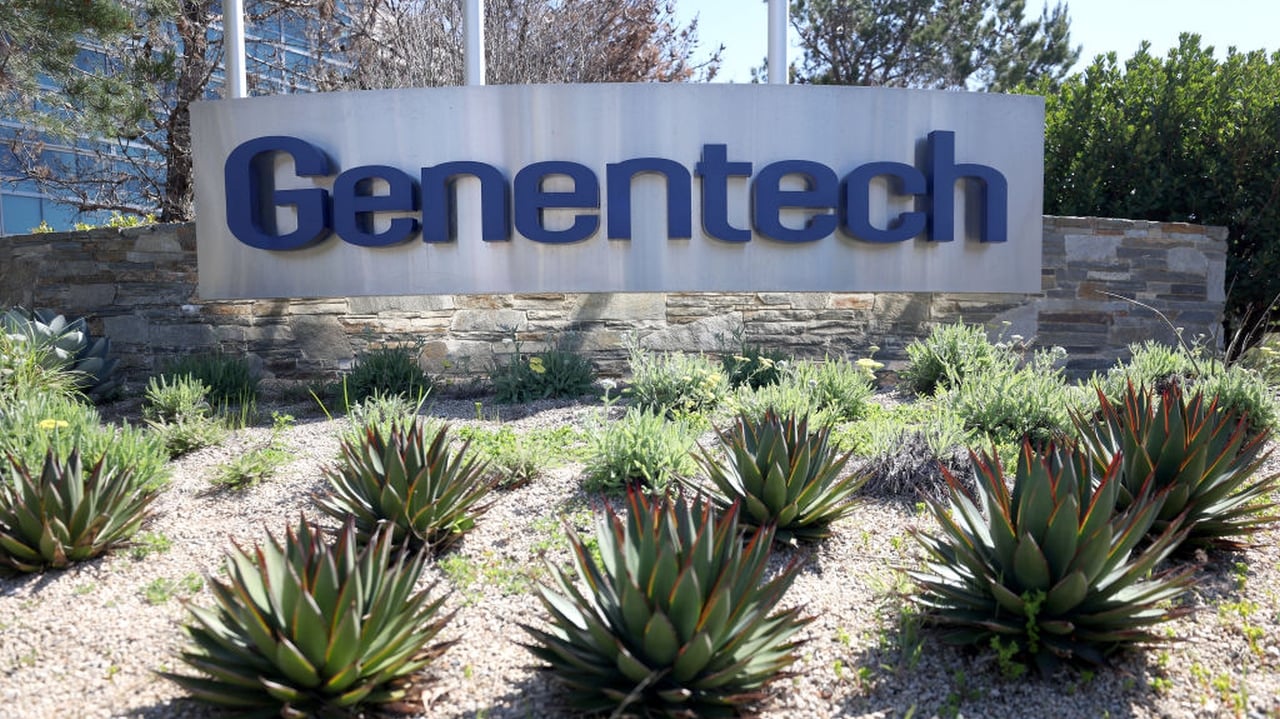Dual‐Responsive Immunomodulatory RNAi Nanoplatform for Effective Immune Checkpoint Blockade and Enhanced Cancer Immunotherapy
Advanced Healthcare Materials, EarlyView.

This work herein develops a dual-responsive immunomodulatory RNAi nanoplatform composed of an endosomal pH-responsive polymer and a reduction-responsive metformin prodrug. This nanoplatform shows the characteristic of metformin-mediated modulating immune microenvironment and siRNA-mediated PD-L1 silencing, which could enhance the maturation of DCs and activation of CD8+ T cells and impair the infiltration of Tregs, MDSCs, and TAMs, thereby inducing enhanced antitumor immunity.
Abstract
Immune checkpoint blockade (ICB) therapy has become the first-line treatment for cancer patients. However, the low response rate remains a clinical pain-point. Anti-hyperglycemic drug metformin has shown remarkable anticancer effect with the unique characteristic of modulating tumor immune microenvironment (TIME). Therefore, combining ICB with metformin could be a promising strategy for enhanced cancer immunotherapy, which however remains challenged due to the low bioavailability and severe adverse effects of metformin. This work herein designs an amphiphilic reduction-responsive metformin prodrug, which could complex small interfering RNA (siRNA) and then co-assemble with an endosomal pH-responsive PEGylated polymer to form a dual-responsive immunomodulatory RNAi nanoplatform. Using the orthotopic and metastatic breast cancer (BCa) tumor models, this work demonstrates that this RNAi nanoplatform could silence PD-L1 expression on BCa cells and suppress their proliferation via activating AMP-activated protein kinase (AMPK). Moreover, this AMPK activation could suppress the secretion of tumor-derived transforming growth factor β (TGF-β) and interleukin 6 (IL-6), which could enhance the maturation of dendritic cells (DCs) and activation of CD8+ T cells and impair the tumor infiltration of regulatory T cells (Tregs), myeloid-derived suppressor cells (MDSCs), and tumor-associated macrophages (TAMs), ultimately achieving the goal of enhanced cancer immunotherapy and significant inhibition of BCa tumor growth.

























































































![The F-35’s future: The power and cooling competition that could change everything [Video]](https://breakingdefense.com/wp-content/uploads/sites/3/2024/09/240924_F35_moon_USAF-scaled-e1727200160419.jpg?#)



























































